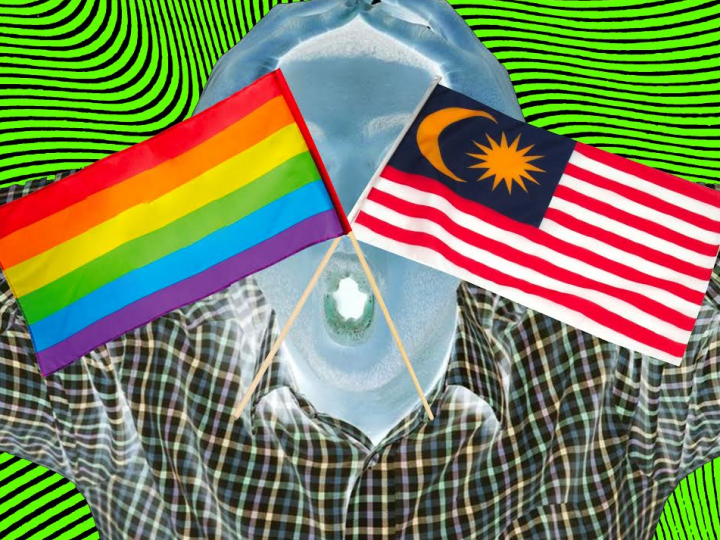What Does The Federal Court’s Ruling on Selangor’s “Unnatural Sex” Syariah Law Mean?
 Thirsty for JUICE content? Quench your cravings on our Instagram, TikTok and WhatsApp
Thirsty for JUICE content? Quench your cravings on our Instagram, TikTok and WhatsApp
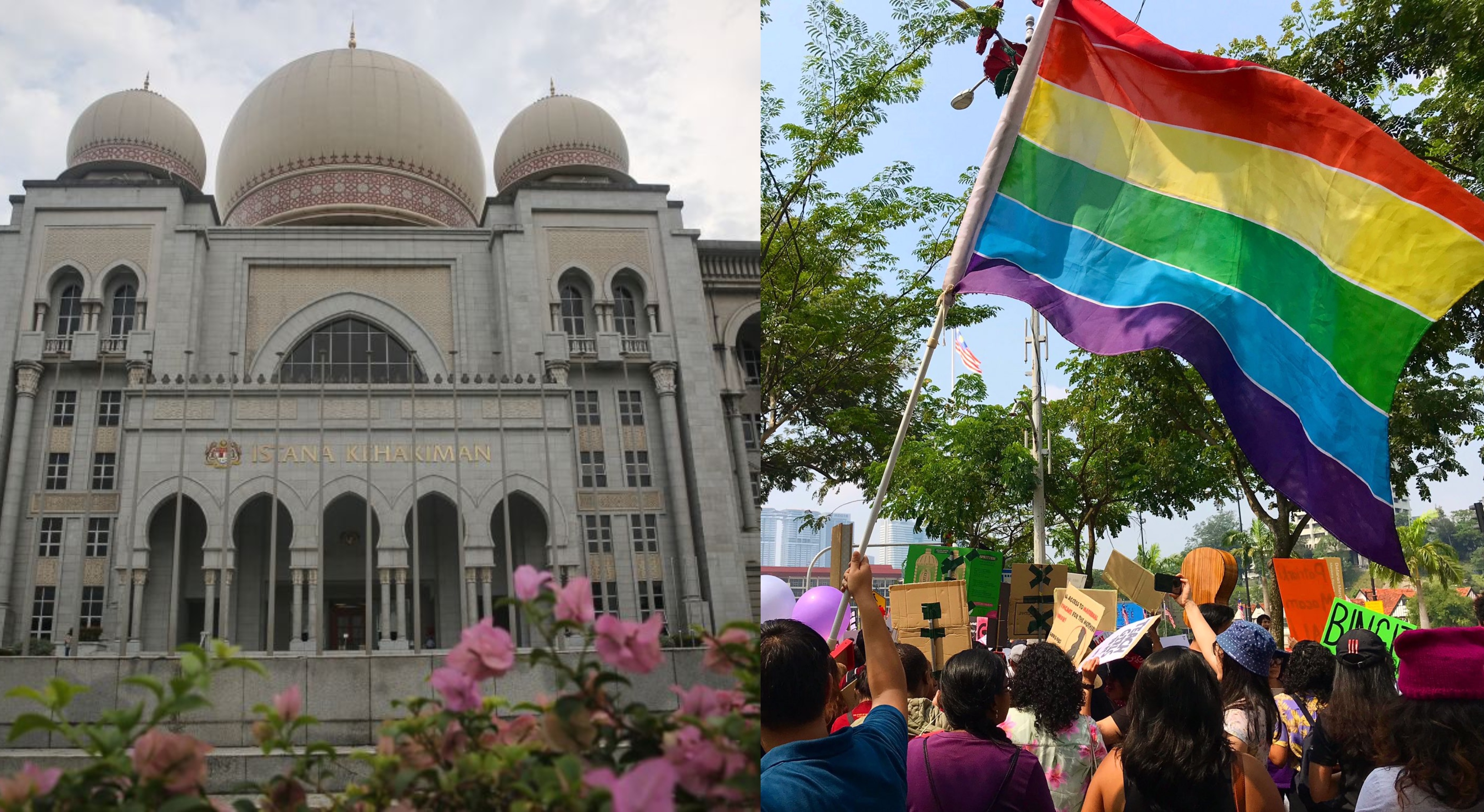
The Federal Court has struck down a provision of the Selangor Syariah law that criminalises “unnatural sex”. The order is sought by one of the 11 men that were arrested back in 2018 under suspicion of attempting “gay sex”, which he denied, at a private residence in Selangor.
According to Malay Mail, the order has been granted by the Federal Court today (25 Feb), is for a declaration that Section 28 is invalid on the ground that it makes provision with respect to a matter in which the Selangor state legislature has no power to make laws and is therefore null and void.
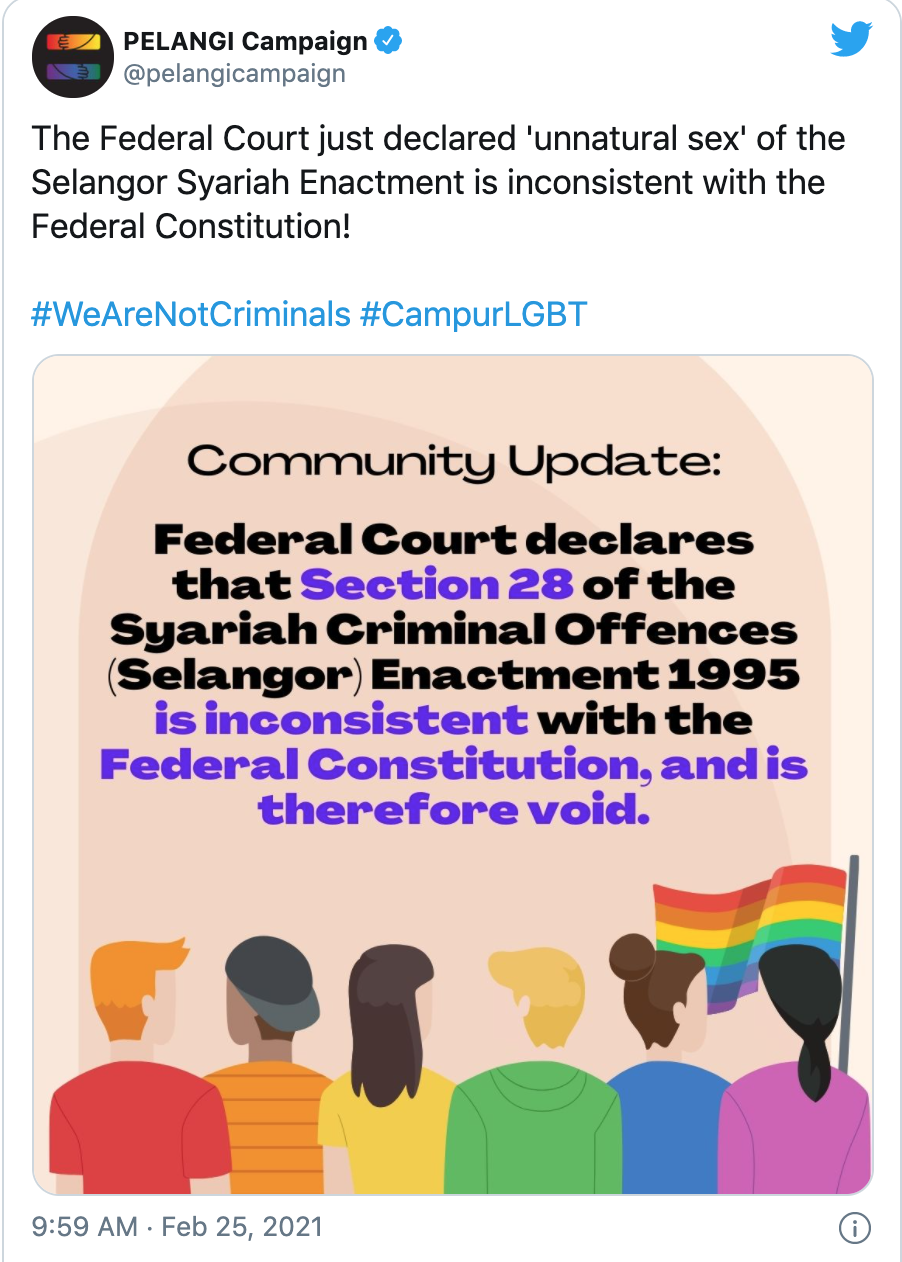
The nine-person bench chaired by Chief Justice Tengku Maimun Tuan Mat unanimously allowed the man’s legal challenge against Section 28 of the Syariah Criminal Offences (Selangor) Enactment 1995. This was on the grounds that the matter falls under the jurisdiction of federal and not state laws.
Section 28 makes it a Shariah offence for “any person” performing “sexual intercourse against the order of nature with any man, woman or animal”, with the punishment being a maximum fine of RM5,000 or a maximum three-year jail term or a maximum whipping of six strokes or any combination.
The state Syariah provision makes it an offence for Muslims in Selangor to perform “sexual intercourse against the order of nature”.
Reading out a summary of the judgment, Chief Justice Tun Tengku Maimun Tuan Mat said the Federal Court granted the order sought by the Malaysian Muslim man who was challenging the constitutionality and validity of Section 28 of the Shariah Criminal Offences (Selangor) Enactment 1995.
Federal Court’s Chief Judge of Malaya Tan Sri Azahar Mohamed explained that despite the verdict, the state still has the power to enact laws dealing with various other matters touching on the precepts of Islam, such as morality offences of consuming intoxicating drinks and close proximity (khalwat).
He said this is because such subject matters do not fall within the law-making power of Parliament.
Basically, what this means is…
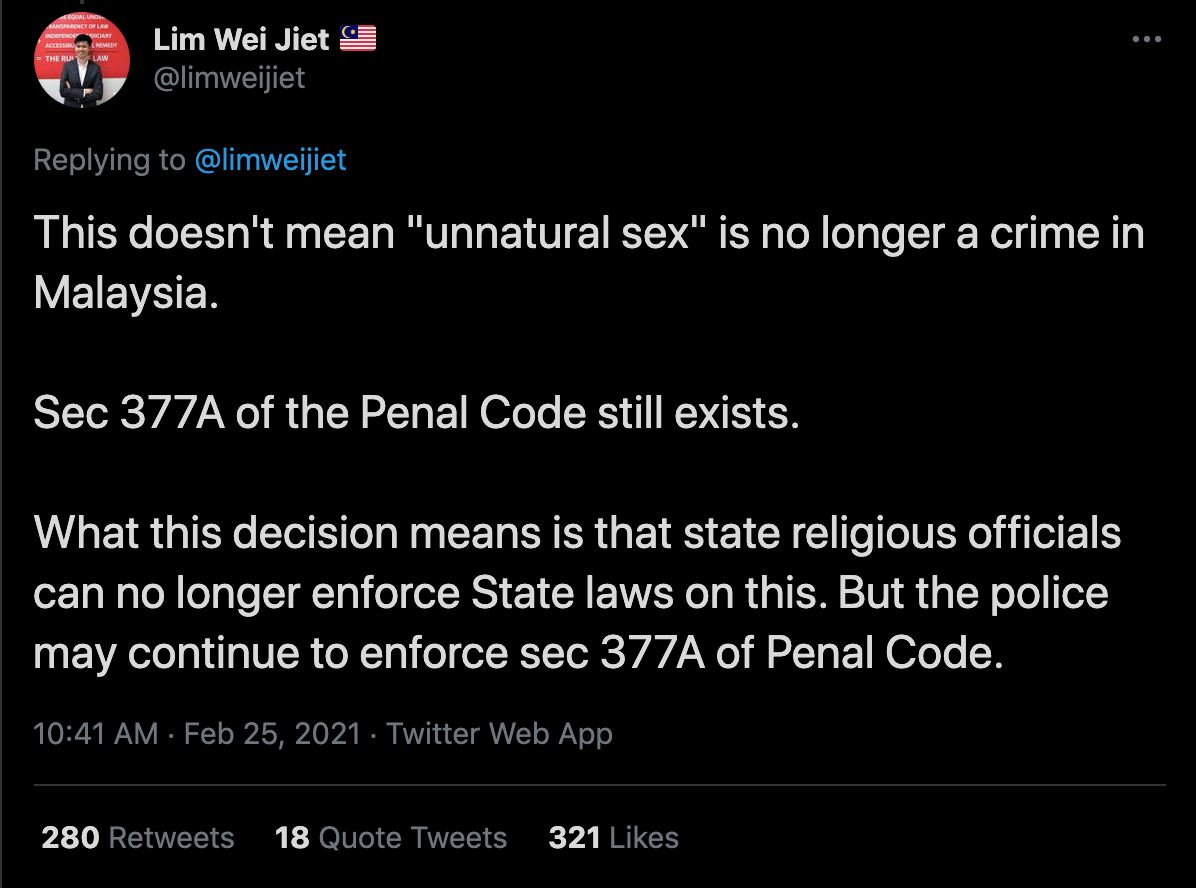
Nevertheless, this is still considered good progress for the LGBTQ+ community in Malaysia. Malik Imtiaz Sarwar, the man’s lawyer, said that the Federal Court ruling is a landmark decision of great constitutional importance.
“The court has clarified that there is one system of general criminal law, applicable to all persons, and another system of purely religious law in which offences can only relate to matters of religion. This will ensure the law is applied without discrimination,” he said.
In case you didn’t know, Section 377 of the Penal Code, specifically Sections 377A and B penalise consensual sex between consenting adults of any gender and sexual orientation. Section 377A is often considered to be “anti-gay” but in reality, anyone who has oral and anal sex can be charged.
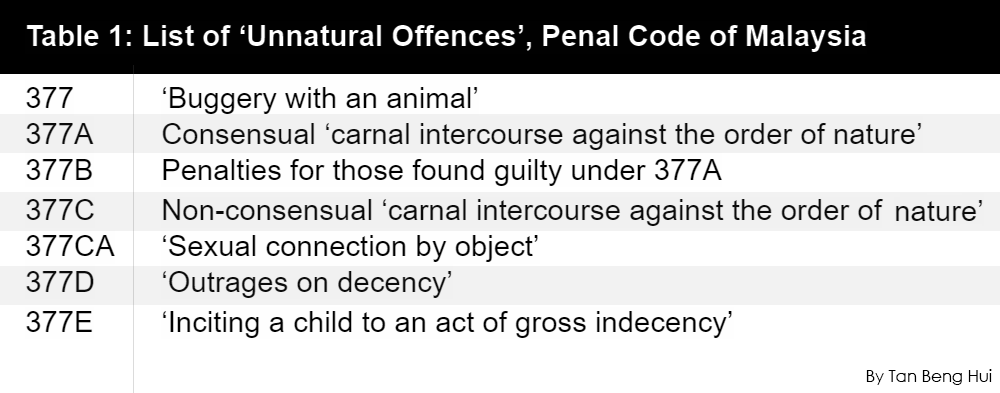
According to Queer Lapis, “while the law seems unbiased, it has a significant impact on the LGBTQ persons in terms of threats of arrest, invasion of privacy, and extortion. The laws also create a chilling effect on other rights”.
Unlike section 377A of the Penal Code, which does not define the genders of the accused, liwat (sexual conduct between men OR anal sex) and musahaqah (sexual conduct between women), Syariah law can specify sexual relations between men and sexual relations between women. In some states, however, liwat is seen as a sexual act (anal sex) between any gender. The definition of the Syariah law varies from state to state.
In Queer Lapis’s closing remark, it wrote, “These laws do not reflect a diverse, contemporary society that understands the concept of equality, consent, and rights. They impact everyone’s freedom of expression and autonomy, and when LGBTQ people are seen as criminals, they are exposed to the high risks of arrests, raids, abuse by authorities, harassment, blackmail and more.”
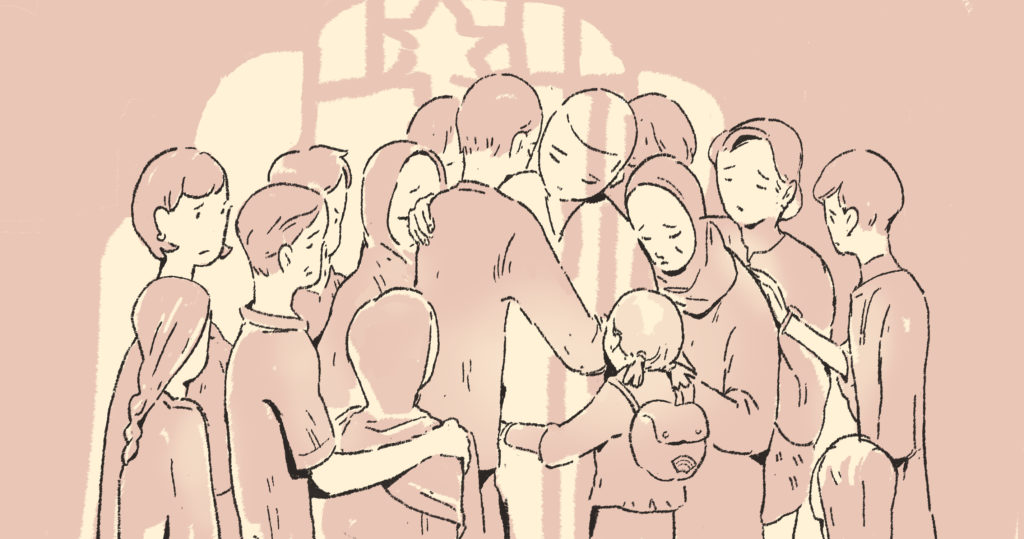
Speaking of arrest and raids, the man who was brave enough to challenge the validity of Section 28 was one of the 11 men that were arrested at a private house party in a raid by JAIS officers and the National Anti-Drugs Agency (AADK), back on 9 November 2018.
According to Queer Lapis, during the raid the 11 men allegedly experienced extremely degrading and inhumane treatment by 50 officers from JAIS and AADK:
– They allegedly forced all of the men to pose full-frontal nude and took photos of them
– They allegedly forced the men to remain nude throughout the entire raid (over 2 hours)
– JAIS allegedly tried to force a confession out of the men while they were naked
– The 11 men had their social media accounts stalked in order to ambush them
– JAIS did not have an arrest warrant nor the police present during the raids. Instead, news reporters and crew were called, adding to the humiliation and trauma.
You can read more regarding the case by clicking here.


 Get Audio+
Get Audio+ Hot FM
Hot FM Kool 101
Kool 101 Eight FM
Eight FM Fly FM
Fly FM Molek FM
Molek FM

